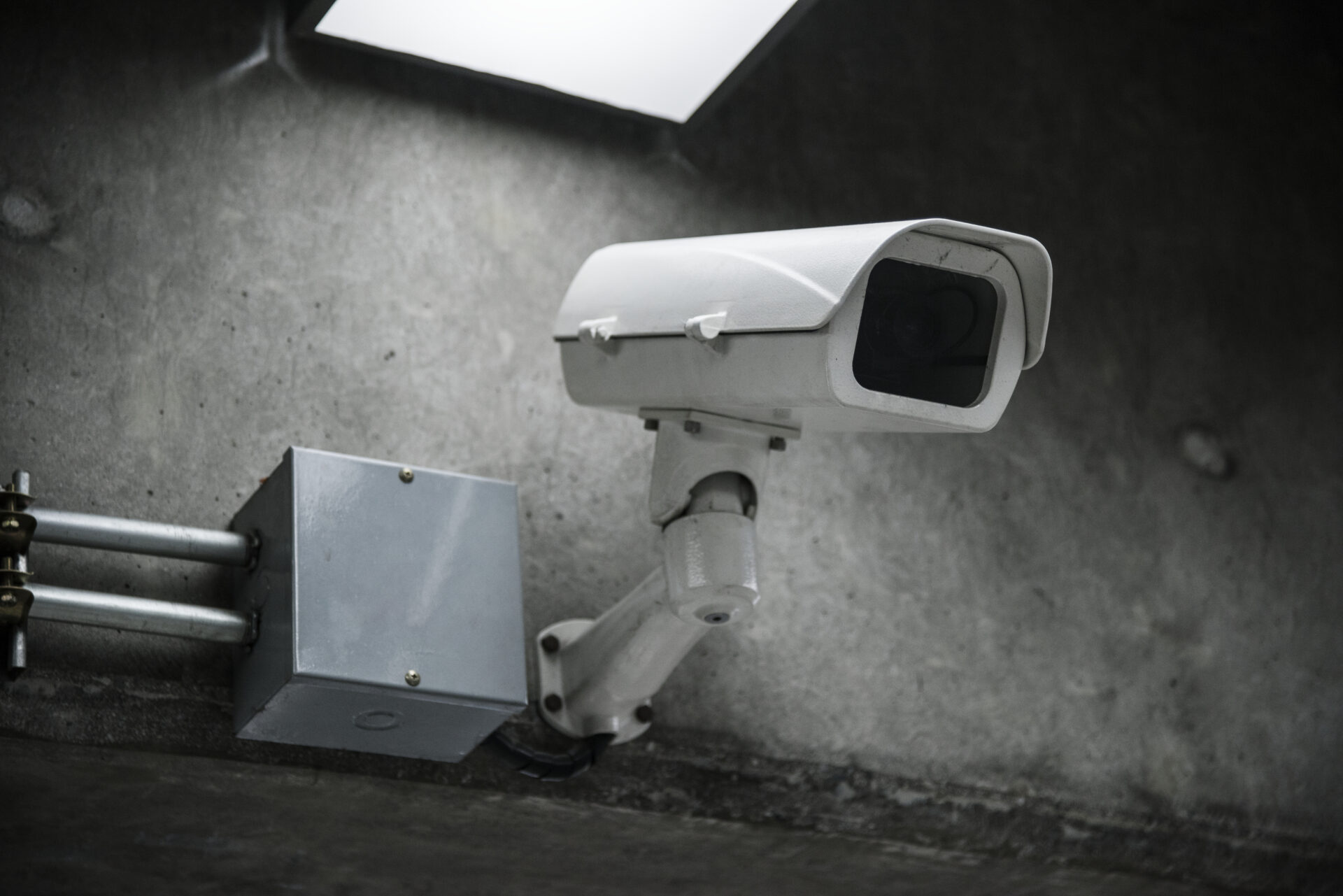Hospitals serve as health sanctuaries where well-being is restored and maintained. The process of constructing these critical infrastructures, however, has its set of challenges. With the rising complexity of modern healthcare facilities and the immense responsibility they shoulder, the stakes have never been higher.
Enter AI for construction safety, an advanced tool that’s changing how we build hospitals, ensuring that the foundations of these health citadels are as secure as the care they provide.
The Intricacies of Hospital Construction
Building a hospital is significantly different from constructing a residential or commercial building. These projects involve specialized areas such as operating theatres, radiology units, and isolation wards. Their air conditioning, electrical circuits, and plumbing complexity make them unique. This intricacy means that any construction error can severely affect patient care, making safety paramount.

AI for Construction Safety: Bridging the Gap
Traditional construction methods, while reliable, can sometimes fail to ensure 100% safety due to human error. This is where AI for construction safety comes into the picture, offering solutions previously thought impossible:
- Site Assessment: AI-driven drones can scout the intended construction area before construction begins. They analyze the landscape, predict challenges, and ensure that the hospital’s foundation starts on solid ground.
- Real-time Monitoring: High-definition cameras and AI algorithms continually scan the construction site. This ensures that the specific requirements of hospital facilities are met and that workers adhere to strict safety protocols.
- Predictive Analysis: Using data from previous projects, AI systems can predict potential challenges in hospital construction. Be it an issue with plumbing in a particular ward or electrical setup in operating theatres, AI for construction safety ensures these problems are identified and addressed even before they manifest.
- Resource Allocation: Hospital construction involves various specialized teams working in tandem. AI can streamline this process, ensuring that the right resources, both human and material, are available at the right place and time.
Sustainable Hospital Constructions with AI
A modern construction goal, especially for hospitals, is ensuring structures are sustainable and environmentally friendly. AI for construction safety plays an unexpected role in this:
- Energy Efficiency: using data collected during construction, AI systems can help design energy-efficient hospitals. They can optimize the placement of windows for natural light, regulate temperature with advanced HVAC systems, and more.
- Waste Management: AI can predict the amount of waste material the construction process might produce and recommend methods to recycle or reuse it. In a hospital setting, this is paramount as it directly ties to sanitation and health safety.
- Landscape Optimization: The hospital’s exterior, including gardens and walkways, plays a role in patient recovery. AI can assist architects in designing therapeutic landscapes by analyzing patient movement, sunlight patterns, and more.

2.1 Air Quality and Emissions Monitoring: Maintaining healthy indoor air quality and monitoring emissions are crucial for sustainable construction. AI monitoring systems can collect data on air quality parameters and detect harmful substances in real time. By continuously monitoring and analyzing these metrics, construction teams can take immediate corrective actions to mitigate risks, ensuring a safer and healthier environment for workers and occupants.
2.2 Water Management and Conservation: Water scarcity is a growing concern, making efficient water management an essential aspect of sustainable construction. AI monitoring systems can track water usage, identify leaks or inefficient consumption patterns, and provide insights for optimizing water conservation strategies. Invigilo AI’s solutions, for instance, employ machine learning algorithms to analyze water usage data, facilitating intelligent water management decisions.
Streamlined Communication with AI
Communication is the bedrock of any successful construction project. AI brings precision and clarity to this process:
- Integrated Platforms: AI-driven communication tools can integrate with construction management software. This ensures every stakeholder, from the architect to the on-ground worker, remains on the same page.
- Automated Reporting: Instead of manual reporting, AI can generate automated daily reports highlighting the progress and potential challenges. This is invaluable for hospital constructions where specifics can’t be compromised.
Advanced Training Using AI
Training construction workers for hospital projects requires a deep understanding of such projects’ unique challenges. AI can revolutionize this training process:
- Virtual Reality (VR) Simulations: AI can create realistic VR simulations of the construction site. Before the actual work begins, workers can familiarize themselves with the area, understand the nuances of hospital construction, and even undergo safety drills.
- Skill Gap Analysis: AI for construction safety isn’t just about immediate risks. AI can pinpoint skill gaps by analyzing a worker’s performance and recommend targeted training, ensuring everyone is at their best.

Beyond the Bricks: AI and Post-Construction Analysis
The role of AI in construction safety continues even after the hospital building is completed. Post-construction, these systems play a crucial role:
- Facility Optimization: AI systems can analyze the finished structure to optimize the facility’s use. For instance, determining the most efficient routes for hospital staff or analyzing patient foot traffic to minimize cross-contamination risks.
- Safety Audits: Regular safety checks are vital in healthcare facilities. AI can conduct virtual safety audits, ensuring the hospital environment remains secure for patients and healthcare providers.
- Maintenance Predictions: Like with construction, AI can predict maintenance needs, ensuring issues are fixed before they become critical. This aspect of AI for construction safety ensures that hospitals remain operational without unexpected downtimes.
Invigilo’s Commitment to Safer Hospital Constructions
For companies like Invigilo in Singapore, integrating AI for construction safety, especially in hospital projects, isn’t just a technological advancement—it’s a commitment. It’s about ensuring that the sanctuaries of health we build today stand the test of time and serve communities with the unwavering assurance of safety and reliability.



